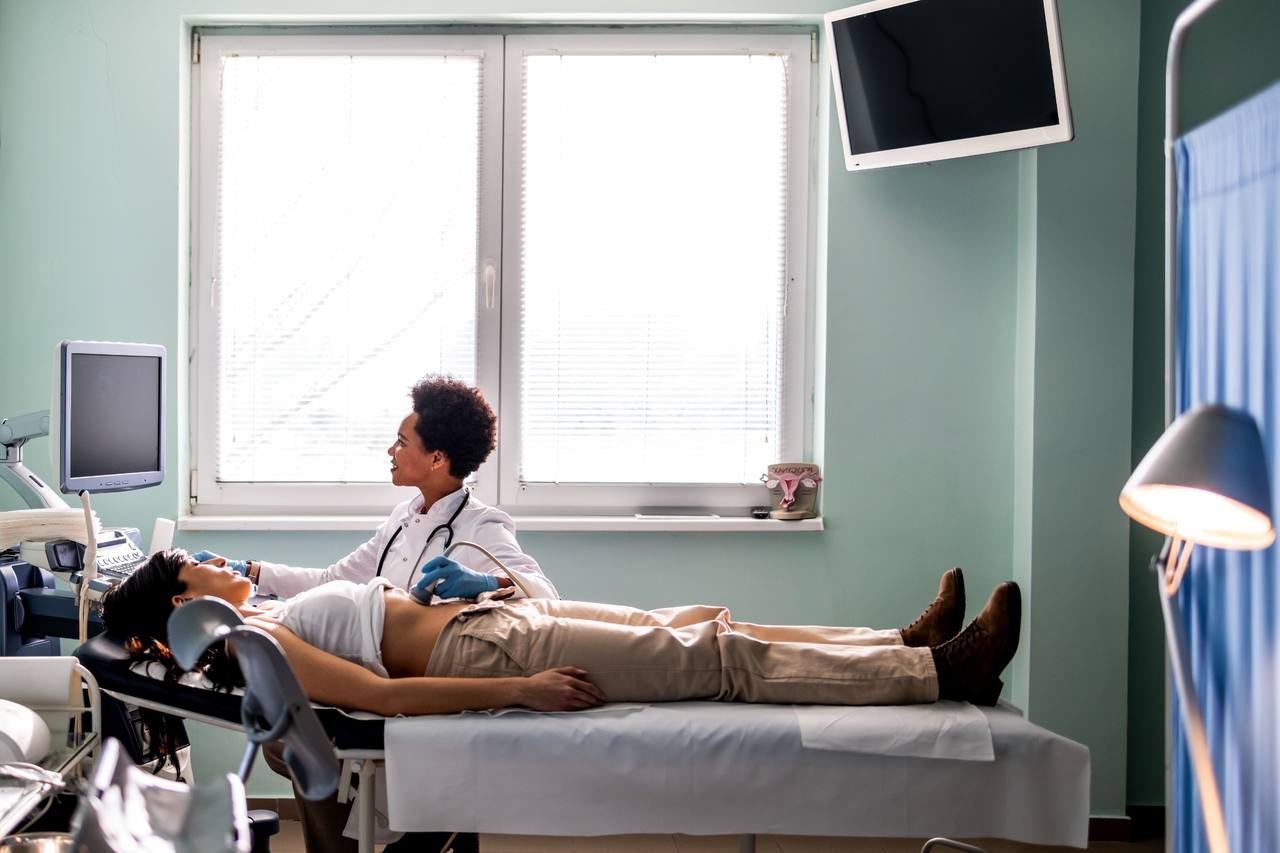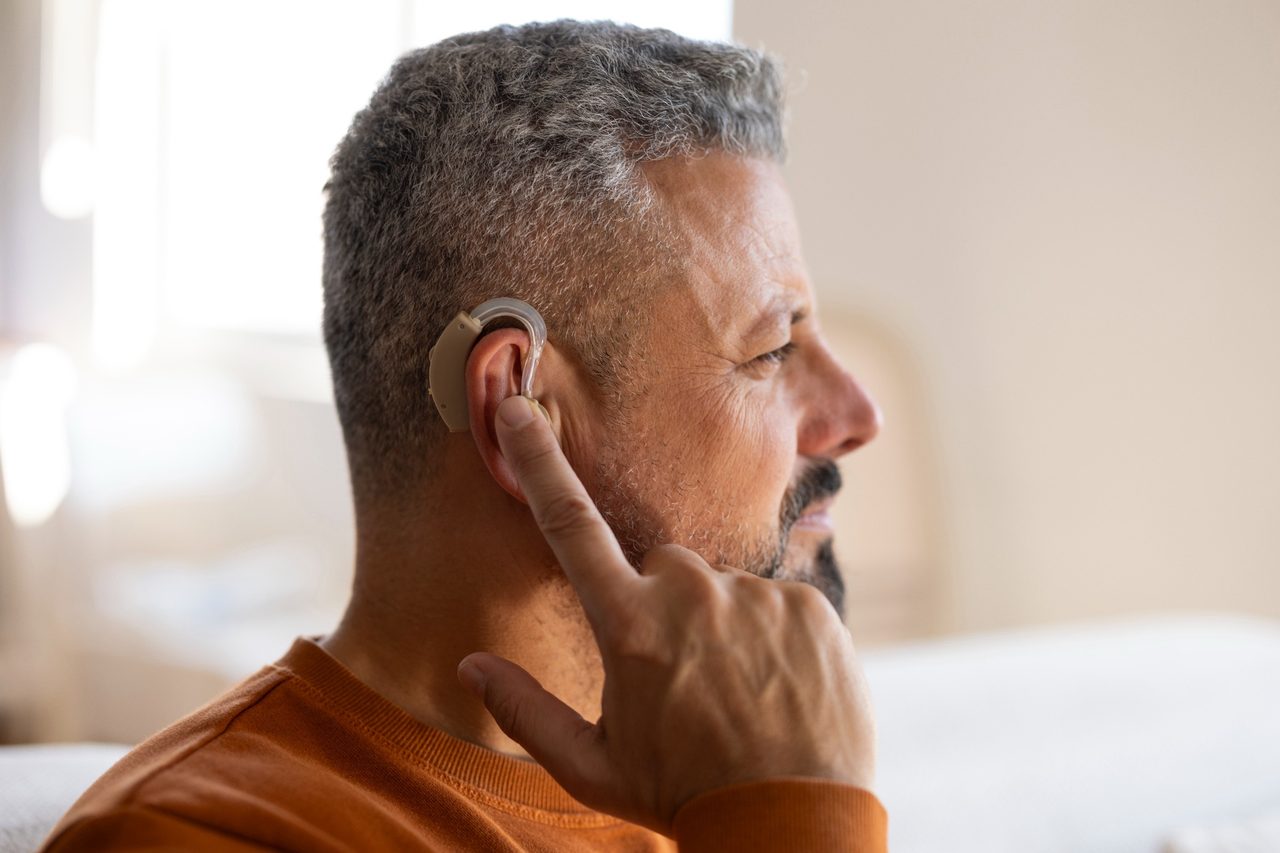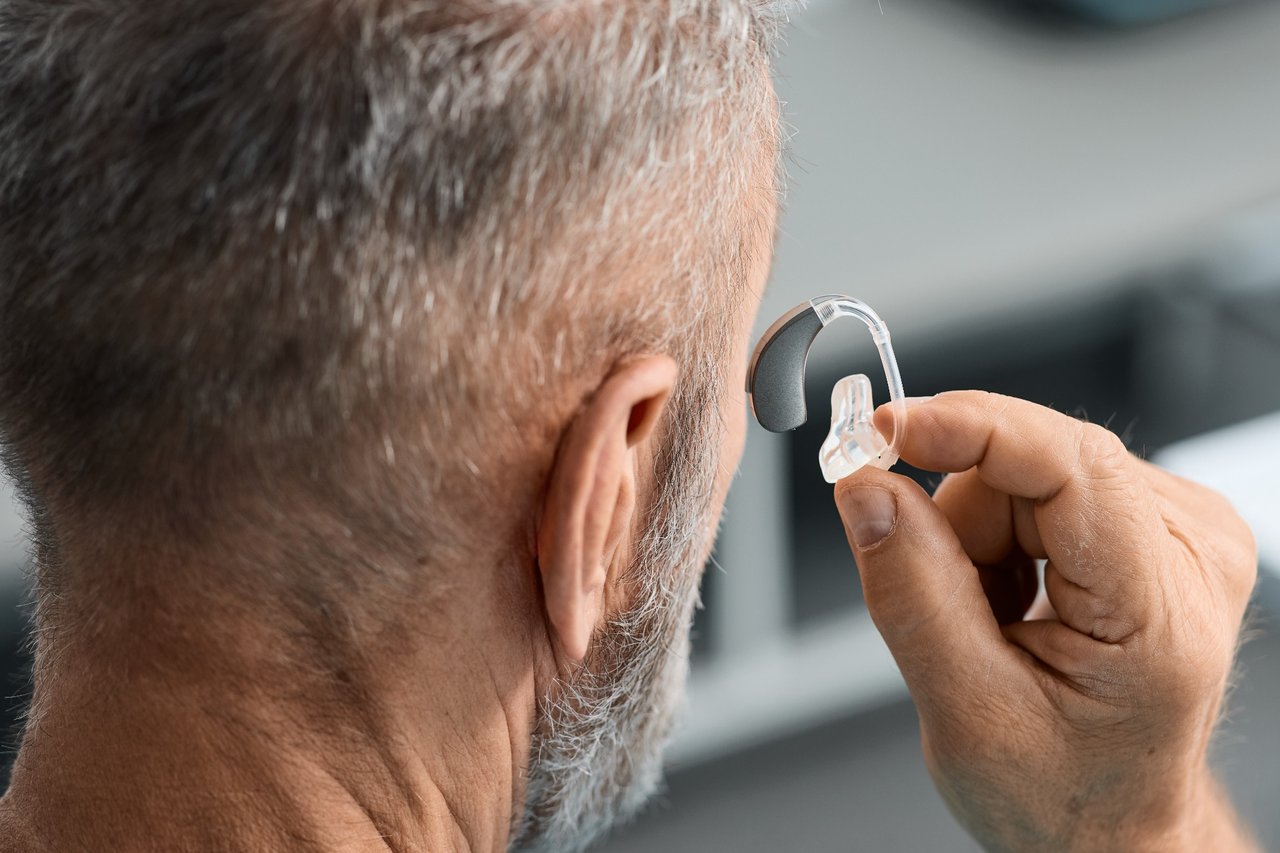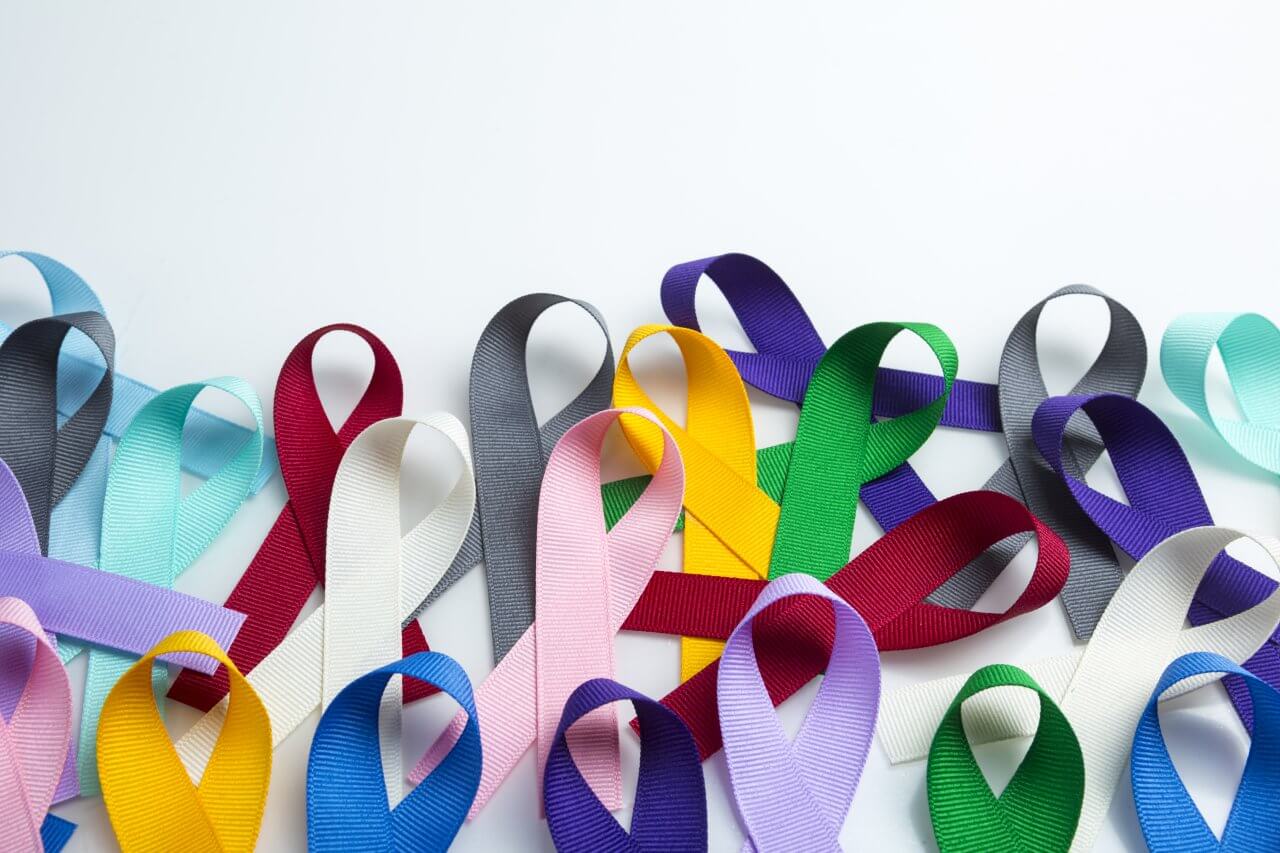♪ [music]
♪ It's important to establish care with your family doctor and have wellness checks because we want to keep our body healthy at all times. People always say, you know, "I don't really need that. I'm feeling good. I'm okay."
But it's really important. Early diagnosis is good prognosis. If you know earlier on what you've got and what's going on, then we're able to hone in and get to the problem and have a better outcome. In our clinic, we provide services for hypertension, diabetes, cholesterol, asthma, COPD.
Those things follow up on a regular basis, you know, because we want to make sure that the medicines you're taking are also good for you. Now, those wellness checks will also be able to hone into any, you know, preventative stuff for you. Breast exam, pelvic exams, and even rectal exams for the males. We have a full working lab and x-rays here at the facility.
So we want to make sure that we provide that care for you and make sure that you know you're good and healthy. It's important that, you know, we take care of our body. You know, health, mind, and body I think is what we need to start honing in and taking care of ourselves. At Baptist Health Medical Group here in Somerset, we see patients from five to geriatric, and that spectrum of care for us here, you know, is available for all of our patients out there.
Being here in your own hometown, serving your own hometown, I think nothing can compare. It's a family. We're just proud that we're able to contribute to the community in Somerset, and that's important. ♪ [music]
♪






.jpg?rev=353a07c57bf04fd2bf1d1a190f5d898f)



















.jpg?rev=a2c0c24d3f8d439d8567c15c3066b3da)


